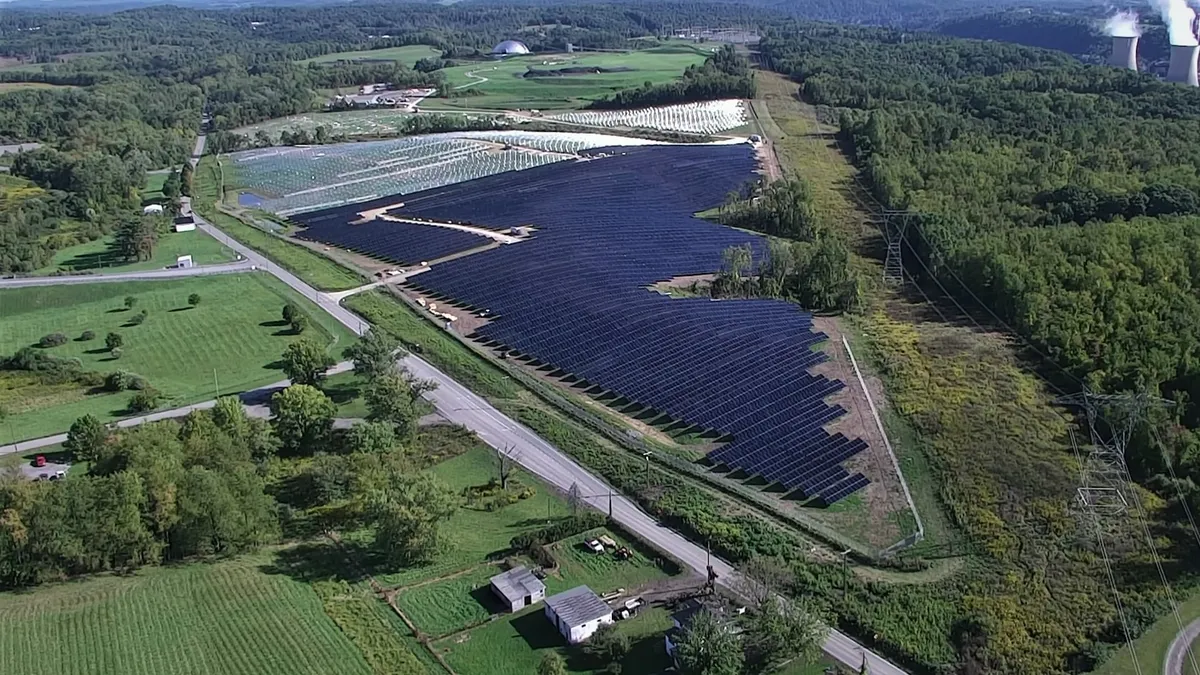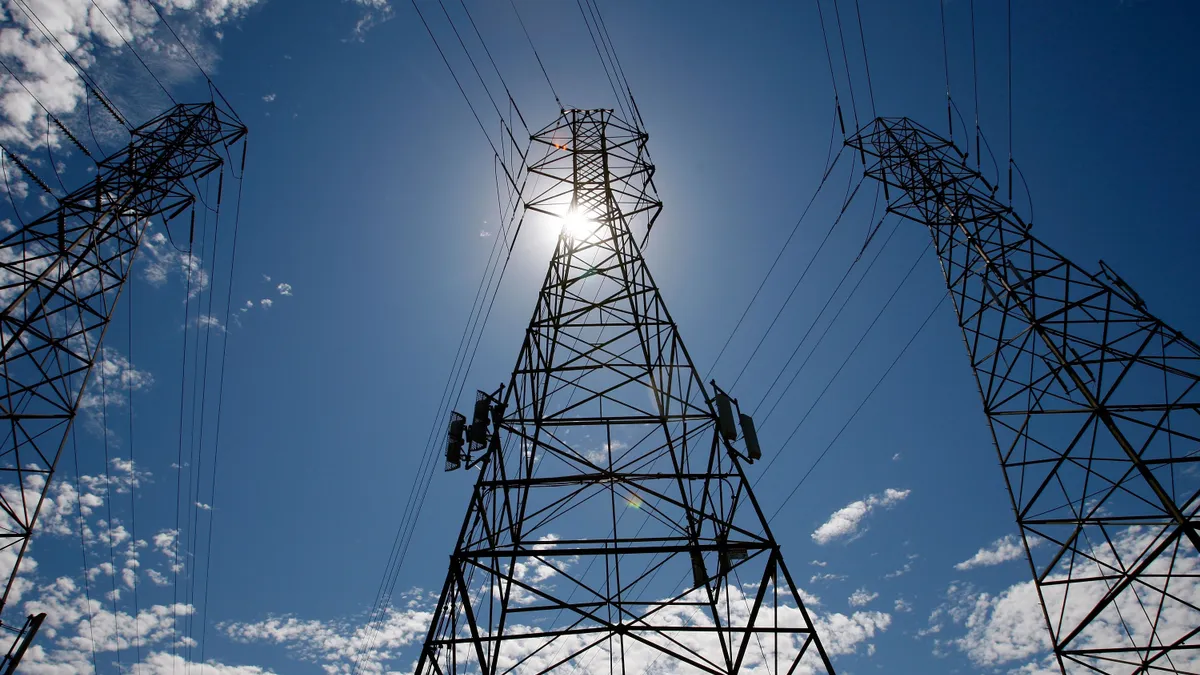Dive Brief:
- Texas lawmakers are considering changing the fees electric utilities charge for customers who do not use enough energy, but providers say the fees are clearly disclosed and necessary to a functioning market.
- State Rep. Sylvester Turner (D) has introduced a bill to eliminate those fees, but retail providers are adamant that the minimum use levels are necessary.
- Turner's bill is likely to face strong opposition, the Houston Chronicle reports, as electric providers lined up Wednesday to testify against the proposed changes in the House.
Dive Insight:
For energy efficiency advocates, Texas seems sends a strange message: Don't use enough power and you may wind up paying more. Retail providers say the fees mitigate risk — they are on the hook for power they purchase, and need to reduce some of the uncertainty. But consumer advocates say the fees can be difficult to understand and send a mixed message.
In a 2013 survey of providers, the Texas Ratepayers’ Organization to Save Energy (ROSE) found that 36 out of 44 providers studied changed a minimum use fee ranging from about $7 to as much as $20. And the number of providers charging minimum use fees had risen from 36% in 2011 to 81%.
"Many REPS charge residential consumers fees for not using enough electricity and for routine transactions such as mailing a disconnection notice and taking a credit card payment over the telephone. The fees are becoming more common and should be stopped," the report said. "There is no cost justification for charging the fees," and "The customers hit the hardest by fees are those who can least afford them."
The fees typically target customers for not using at least 1,000 KWh a month.
At a hearing last week in Austin, the Chronicle reports that Rep. Turner, who introduced the measure to eliminate the fees, said, "If we say we're a Legislature committed to energy efficiency, our methods need to align with our goals."















